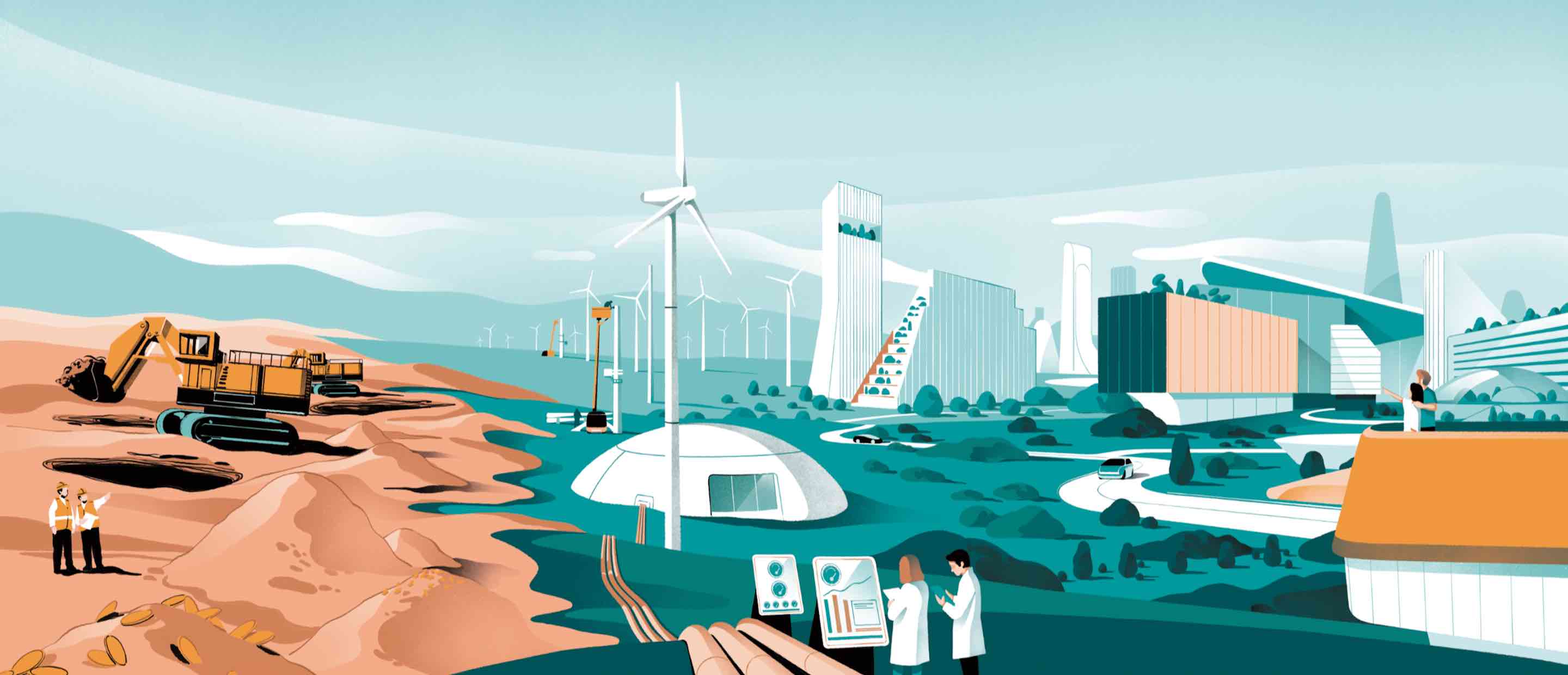Many economies are now regaining economic momentum, helped by the continuing success of coronavirus vaccination campaigns. Headline growth numbers will recover quickly. However, we should not equate economic recovery with a return to the pre-pandemic status quo. We called our 2021 annual outlook "Tectonic shifts" and there will be changes both to the structure of the global economy and to economic policy. Many of these changes will not be easy: we will see some growth challenges.
The current debate around inflation is an indication of what may lie ahead. High rates of inflation are both a symptom of underlying changes and a cause of market uncertainty about the implications of these changes. Inflation may have many causes, including higher demand as the pandemic is tamed and supply disruptions and shortages as economies readjust to new realities. It is therefore to some extent a predictable symptom of reopening. But, whatever its causes, and whether or not it proves transitory, it is clear that inflation can knock through into a broader debate about policy change and prompt market volatility.
There will be other concerns in coming years. The ongoing discussion about a possible new global multinational corporate taxation regime is a symptom of broader concerns about economic inequalities and the relationship between corporates and governments. This will also have implications for other challenges faced by governments, for example the need to raise revenue to pay for infrastructure improvements and service much higher levels of debt (especially if they need to refinance at higher yields).
"Some growth challenges will be temporary but other structural changes will be longer-lasting. This will be a situation which will create important and new investment opportunities, but also risks: as investors we need to stay innovative and open to new approaches."
Christian Nolting, Global Chief Investment Officer, Deutsche Bank International Private Bank
What is also important to understand about the current situation is that we are experiencing a period of very strong growth at a time when both monetary and fiscal policy settings are very loose and look set to remain so – even assuming some tapering (i.e. reduction in central bank asset purchases) and a fall in the fiscal impulse. Financial repression (i.e. artificially-low real interest rates) will continue to create a range of challenges for investors, including those who are looking for predictable sources of income.
I think that we can take three points from this unusual mixture of economic change and still broadly-accommodative economic policy.
First, this is a situation that will create important and new investment opportunities but also a number of risks. Stresses around growth are a normal part of any recovery but portfolios needs to be resilient to them. The dangers around "market exuberance" and potential asset class bubbles further strengthen the case for sophisticated risk management in portfolios.
Second, that while some growth challenges will be temporary, other structural economic changes will be long-lasting. Many of these changes pre-date the pandemic (e.g. digitalisation, rising debt levels) but have been accelerated it; others (e.g. demographics) have different drivers. Investment strategies need to address such changes. Our key investment themes (summarised on page 14 – see full report) focus on ten areas of change visualised within a triangle of technology, demographics and sustainability.
Third, that as investors we need to remain innovative and open to new approaches. The growing interest in ESG investment has led to changing evaluations of investment potential and risks. Infrastructure investment, for example, is increasingly assessed in an ESG life-cycle context. Carbon pricing is now having much broader investment implications as countries face up to net zero emissions targets. All this will have continuing implications for how we all assess and respond to the investment environment ahead, even when current growth challenges subside.
Our full CIO Insights report “Growth challenges" includes economic forecasts for 2021 and 2022, along with individual asset class outlook summaries and forecasts to end-June 2022. Please refer to the Important Notes at the end of the report for disclosures and risk warnings.
To download a printer-friendly PDF of the full report, please click here.
To view a mobile-optimised version of the full report, please click here.

Key investment themes
The TEDS triangle: Technology | Sustainability | Demographics

2021 investment impacts
Discover more about our 2021 investment impacts identified in our 2021 Annual Outlook, published December 2020.




